Water Damage Repair: Fort Collins CO’s Comprehensive Guide
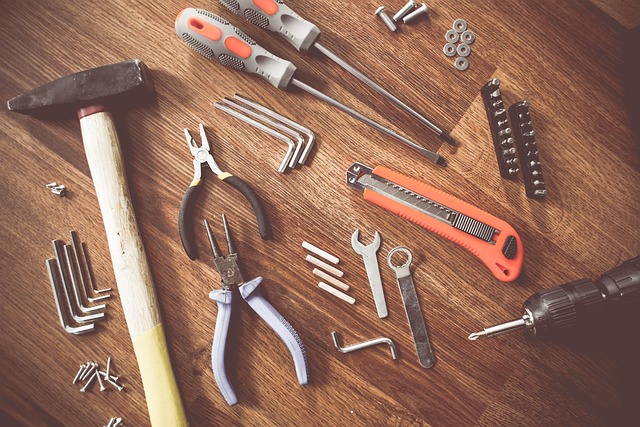
Water damage in Fort Collins, CO, requires swift professional intervention from services like Reliab…….
Welcome to an in-depth exploration of the critical topic of water damage and repair within the context of Fort Collins, Colorado. In today’s world, where climate change and natural disasters are on the rise, understanding and addressing water-related challenges have become paramount for communities worldwide. Fort Collins, known for its vibrant culture and scenic beauty, is no exception. This article aims to provide a comprehensive guide to water damage prevention, assessment, and repair in this dynamic city, offering valuable insights for both residents and professionals alike. By delving into various aspects, from the technical specifics of water damage restoration to the regulatory frameworks governing the industry, we will uncover the intricacies of this essential service.
Water damage repair in Fort Collins refers to the process of restoring properties and structures after they have been affected by excess moisture or water. This can stem from various sources, including burst pipes, heavy rainfall, snowmelt, or even flooding events. The scope of work involves not only removing standing water and drying out affected areas but also identifying and mitigating potential mold growth, structural repairs, and ensuring the property’s overall safety and habitability.
The process of water damage repair encompasses several critical steps:
Water Extraction: The initial phase involves using specialized equipment like pumps and vacuums to remove standing water from flooded areas, ensuring swift action to prevent further damage.
Drying and Dehumidification: This step is crucial to eliminate moisture from the air and affected materials. Professionals employ dehumidifiers, air movers, and other drying technologies to expedite the drying process and reduce the risk of mold growth.
Mold Assessment and Remediation: Water damage often leads to mold development due to the ideal conditions created by excess moisture. Mold inspectors assess the scope of mold growth, and remediation specialists implement safe removal techniques, using appropriate personal protective equipment (PPE).
Structural Repairs: Depending on the severity of water damage, structural repairs may be required. This includes fixing or replacing damaged drywall, flooring, insulation, and even structural components like beams and joists.
Restoration and Remodeling: Once the structure is stable and dry, restoration work begins, which can involve re-insulating, repainting, and rewiring, among other tasks. In some cases, remodeling may be necessary to restore the property to its pre-loss condition.
Water damage repair has been a vital service in Fort Collins since its early days as an agricultural hub and subsequent growth into a thriving urban center. The city’s rich history includes several major flooding events that have shaped its approach to water management and disaster preparedness. Over time, the industry has evolved with advancements in technology, enabling faster response times and more effective restoration techniques. Today, Fort Collins is known for its robust emergency response systems, including water damage repair services, which play a critical role in ensuring community resilience and recovery.
The impact of water damage and repair extends far beyond local communities, as global trends and events shape the industry’s landscape. Extreme weather patterns, often linked to climate change, have led to increased flooding and water-related disasters worldwide. This has resulted in a growing demand for efficient and effective water damage restoration services, prompting companies to adopt innovative technologies and expand their reach internationally.
Different regions face distinct challenges when it comes to water damage repair:
Coastal Areas: Coastal cities like Fort Collins (while not directly on the coast) can experience severe hurricane and storm surges, leading to extensive water damage. These areas often require specialized equipment for rapid response and extraction.
Mountainous Regions: The unique geography of Colorado presents challenges during heavy snowmelt seasons, as rapid melting can cause flooding in lower-lying areas, demanding swift action from local repair teams.
Arid vs. Humid Climates: Arid regions may face water damage from sporadic but intense rainfall events, while humid climates contribute to more consistent mold issues, requiring tailored remediation strategies.
Several key trends are influencing the global water damage repair sector:
Technological Advancements: The integration of advanced technologies like moisture sensors, drones for assessment, and smart drying equipment is improving efficiency and reducing restoration times.
Green Building Practices: There is a growing emphasis on environmentally friendly building materials and design, which can enhance a property’s resilience to water damage and speed up the repair process.
Remote Work and Digital Tools: The rise of remote work has enabled professionals to manage projects from anywhere, facilitating faster response times during emergencies. Digital tools for documentation, communication, and project management have also streamlined operations.
The water damage restoration market in Fort Collins is dynamic and responsive, with a range of service providers offering specialized solutions. The market can be segmented based on the type of service, scale of operation, and target customers:
Residential Services: Catering to homeowners, these services often involve flood cleanup, mold removal, and minor structural repairs.
Commercial and Industrial: Larger operations focusing on repairing businesses, offices, and industrial facilities, which may require specialized equipment and faster turnaround times.
Emergency Response Services: These providers offer 24/7 support for immediate water extraction, boarding up windows, and temporary shoring during severe weather events.
The industry attracts significant investment due to its potential for growth and the essential nature of its services:
Franchise Opportunities: Many established water damage restoration companies offer franchise opportunities, allowing entrepreneurs to invest in a proven business model while operating under a recognized brand.
Technology Startups: Innovative startups are developing new technologies to enhance service efficiency, leading to investment from venture capital firms and private investors.
Mergers and Acquisitions: Larger consolidation within the industry is common as companies seek to expand their geographic reach and access specialized equipment and resources.
The water damage repair sector contributes substantially to the local economy of Fort Collins:
Job Creation: The industry employs a diverse range of workers, from technicians and restorators to project managers and administrative staff, contributing to the city’s robust employment landscape.
Business Diversification: Water damage restoration companies provide specialized services that complement other construction and remodeling sectors, fostering economic diversity.
Emergency Preparedness: The ability to respond quickly during water-related disasters strengthens Fort Collins’ overall resilience, potentially reducing long-term economic impacts and recovery costs.
Technological advancements have revolutionized the way water damage repair is conducted:
Moisture Detection: Advanced moisture meters and sensors enable professionals to accurately identify wet areas, track drying progress, and prevent mold growth by identifying hidden moisture sources.
Drying Technologies: Newer equipment like desiccant dehumidifiers and advanced air movers enhance drying capabilities, reducing the time needed for restoration.
Remote Monitoring: Real-time monitoring systems allow remote inspection and project tracking, enabling efficient management of large-scale projects or remote locations.
The future holds promising opportunities for technological growth in this sector:
AI and Machine Learning: These technologies can optimize drying processes by predicting moisture levels and identifying areas prone to mold growth, leading to more efficient restoration.
Robotic Solutions: Robotic equipment could enhance safety during hazardous situations, such as entering confined spaces or handling heavy objects, while improving efficiency.
Digital Twin Technology: Creating digital replicas of buildings can aid in predictive maintenance and better disaster preparedness, enabling professionals to simulate various water damage scenarios.
Water damage repair services in Fort Collins are subject to various local, state, and federal regulations aimed at ensuring safety, quality, and consumer protection:
Local Building Codes: Fort Collins adheres to specific building codes and standards, which include provisions for flood protection, plumbing, and structural integrity, all of which impact water damage restoration practices.
Environmental Regulations: The state of Colorado has strict environmental guidelines regarding mold remediation and the disposal of contaminated materials, ensuring safe handling during restoration processes.
Occupational Safety and Health (OSHA) Standards: Federal OSHA regulations mandate safety protocols for employees in hazardous environments, including water damage repair sites, to protect workers from risks like slips, falls, and exposure to chemicals or mold.
These policies and regulations shape the way water damage restoration companies operate:
Licensing and Certification: Professionals must obtain licenses and certifications to legally offer water damage repair services, ensuring a certain level of competency and knowledge.
Insurance Requirements: Companies are required to carry insurance to cover potential liabilities during operations, including property damage, personal injury, and mold remediation costs.
Disaster Preparedness Planning: Businesses are encouraged or mandated to have emergency response plans in place, outlining their role during local disasters, which often involve water-related events.
Despite its critical nature, the water damage restoration industry faces several challenges:
Rapid Growth and Competition: The rising demand for services has led to a competitive market with some companies offering subpar work or charging excessive rates, damaging the industry’s reputation.
Mold Remediation Concerns: Accurate identification and safe removal of mold are complex tasks, and missteps can lead to health issues for restoration workers and occupants.
Lack of Standardization: The absence of standardized procedures and pricing models across the industry can make it challenging for consumers to compare services effectively.
Addressing these challenges requires a multi-faceted approach:
Industry Standardization: Developing clear guidelines and standards for service quality, pricing, and safety protocols can enhance consumer confidence and promote ethical practices.
Enhanced Training and Certification: Investing in comprehensive training programs and raising the bar for certifications can improve the overall competence of restoration specialists.
Regulatory Oversight: Strengthening local and state oversight to monitor industry practices, ensuring compliance with environmental and health regulations, and addressing consumer complaints.
Challenge: A large office building in downtown Fort Collins experienced a severe pipe burst, leading to extensive water damage over several floors.
Solution: A reputable water damage restoration company was contracted to handle the cleanup and repair. They employed advanced extraction equipment to remove standing water, used moisture meters to monitor drying progress, and implemented a comprehensive mold remediation plan. The team worked closely with building management to coordinate repairs, ensuring minimal disruption to business operations.
Outcome: Thanks to swift action and efficient restoration techniques, the building was restored within weeks, minimizing downtime for tenants and preventing long-term structural damage. This case highlights the importance of specialized equipment and industry expertise in commercial water damage scenarios.
Scenario: A homeowner in a suburban area of Fort Collins faced significant water damage during the annual spring snowmelt, as melting snow overwhelmed the sewer system.
Restoration Process: The resident contacted a local restoration company that specialized in rapid response. They boarded up windows to prevent further water intrusion, extracted excess water using high-capacity pumps, and deployed dehumidifiers to control moisture levels. Mold inspection and remediation were also conducted to ensure a safe living environment.
Positive Results: The homeowner was relieved by the company’s quick arrival and efficient work. The restoration process restored their home to its pre-flood condition, ensuring they could return to their daily routines with minimal disruption. This case study emphasizes the value of local expertise during unique water-related events in Fort Collins’ climate.
The future of water damage and repair in Fort Collins holds several promising avenues for growth:
Specialized Services: Niche services catering to specific industries, such as data centers or historic buildings, will be in demand due to their unique restoration requirements.
Sustainability Focus: With increasing environmental awareness, there will be a push for eco-friendly restoration practices, including the use of biodegradable materials and sustainable drying techniques.
Digital Transformation: The industry is poised for further digital integration, with advanced monitoring systems, remote assessment tools, and improved communication platforms enhancing service efficiency.
Keep an eye out for these emerging trends:
Predictive Modeling: Using big data and AI to predict water damage events based on historical data and climate patterns can enable proactive measures and more efficient emergency response.
Remote Work Evolution: While remote work has been accelerated by the pandemic, it will continue to shape the industry, leading to innovative digital solutions for project management, communication, and even remote equipment operation.
Hybrid Restoration Models: A blend of traditional on-site restoration with virtual assistance and monitoring could become more common, offering a cost-effective and efficient approach.
Water damage and repair Fort Collins CO is a dynamic and critical industry that plays a vital role in the city’s resilience and recovery from water-related disasters. From historical context to global trends, technological advancements, and regulatory frameworks, this article has provided a comprehensive overview of the field. By addressing challenges, showcasing successful case studies, and exploring future prospects, we have highlighted the importance of continuous improvement and adaptation within the industry. As Fort Collins continues to evolve, so too will its water damage restoration services, ensuring a safer and more resilient community for all.
Q: How soon after a water damage event should I contact a restoration company?
A: It’s ideal to reach out as soon as possible, ideally within the first 24-48 hours. Quick response is crucial to prevent mold growth and minimize structural damage.
Q: What should I do immediately after a flood in my home?
A: Turn off electricity at the main circuit breaker or fuse box, if safe to do so. Then, call a professional restoration company and start moving items to higher ground to avoid further water damage.
Q: How can I choose a reputable water damage restoration company?
A: Look for licensed and insured companies with positive customer reviews. Check their certifications and ask for references. Reputable firms will provide detailed estimates and explain the entire restoration process transparently.
Q: Is mold growth always preventable during water damage restoration?
A: While prompt action can significantly reduce the risk, complete prevention is challenging. Professional restorers use specialized equipment and techniques to control moisture levels and prevent mold, but monitoring is essential throughout the restoration process.
Q: Can I perform water damage restoration myself?
A: It’s not recommended for several reasons. Water damage restoration involves complex processes, including advanced drying and mold remediation, which require specialized knowledge and equipment. Additionally, working with water and electrical systems can be hazardous without proper training.

Water damage in Fort Collins, CO, requires swift professional intervention from services like Reliab…….
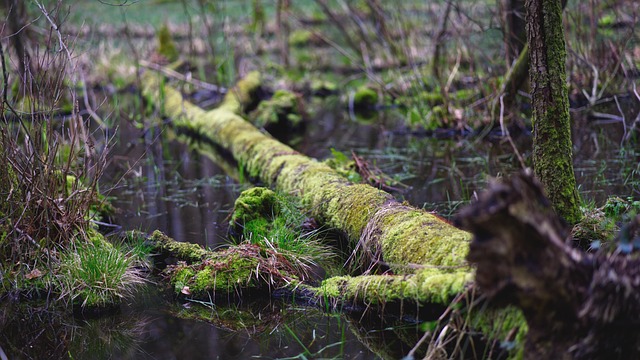
Reliable Water Restoration at 2121 E Harmony Rd provides professional water damage restoration servi…….
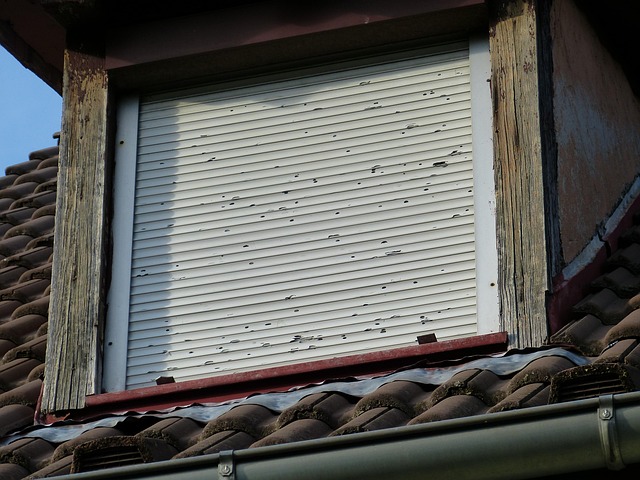
Water damage in Fort Collins, CO requires immediate action. Reliable Water Restoration offers emerge…….
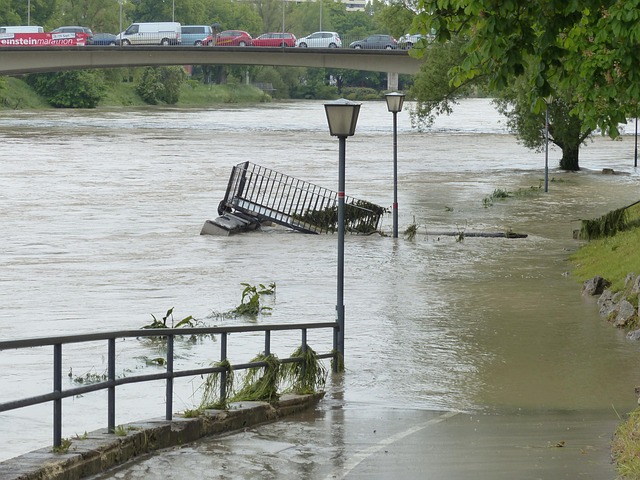
Water damage in Fort Collins, CO, requires swift action from reputable services like Reliable Water…….
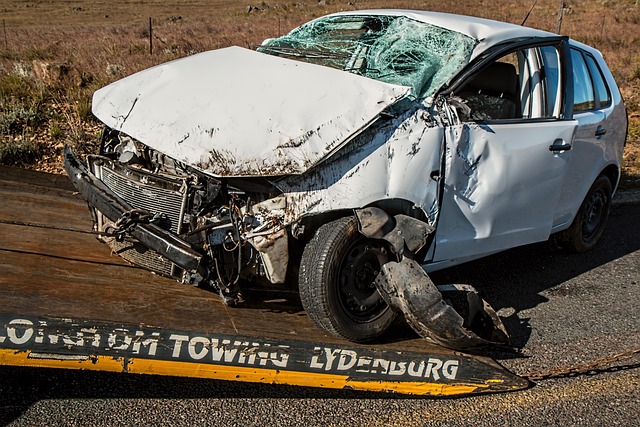
Water damage from pipes or natural disasters can devastate Fort Collins homes. Reliable Water Restor…….

Water damage in Fort Collins, CO, requires prompt action due to climate variability and extreme weat…….
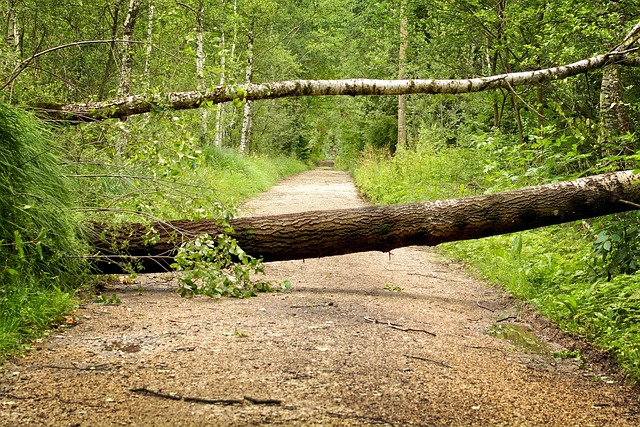
Water damage in Fort Collins, Colorado, requires swift action from Reliable Water Restoration (2121…….
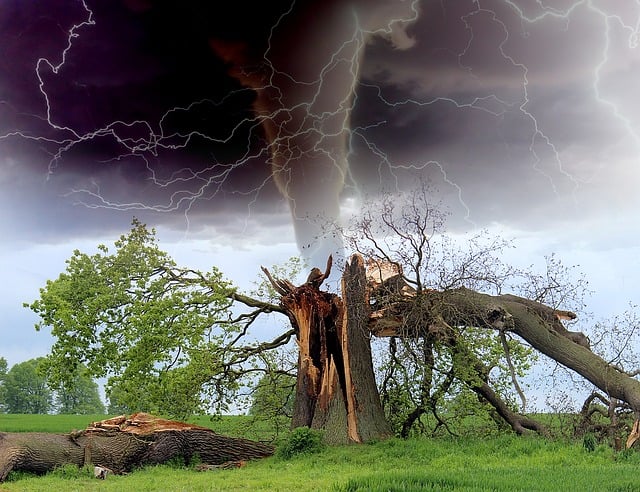
Reliable Water Restoration offers swift and specialized water damage repairs for Fort Collins CO res…….
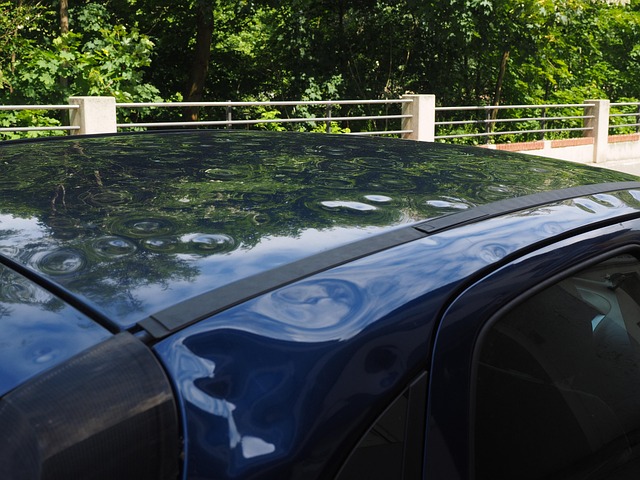
Water damage in Fort Collins, Colorado, is a common issue due to weather and plumbing problems. Proa…….
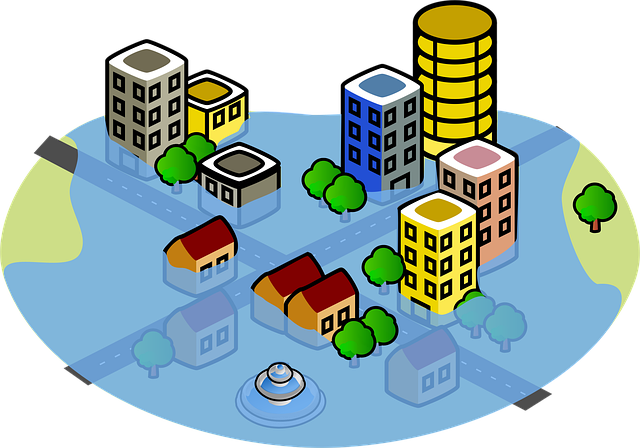
Water damage in Fort Collins, CO, requires immediate action from Reliable Water Restoration (2121 E…….